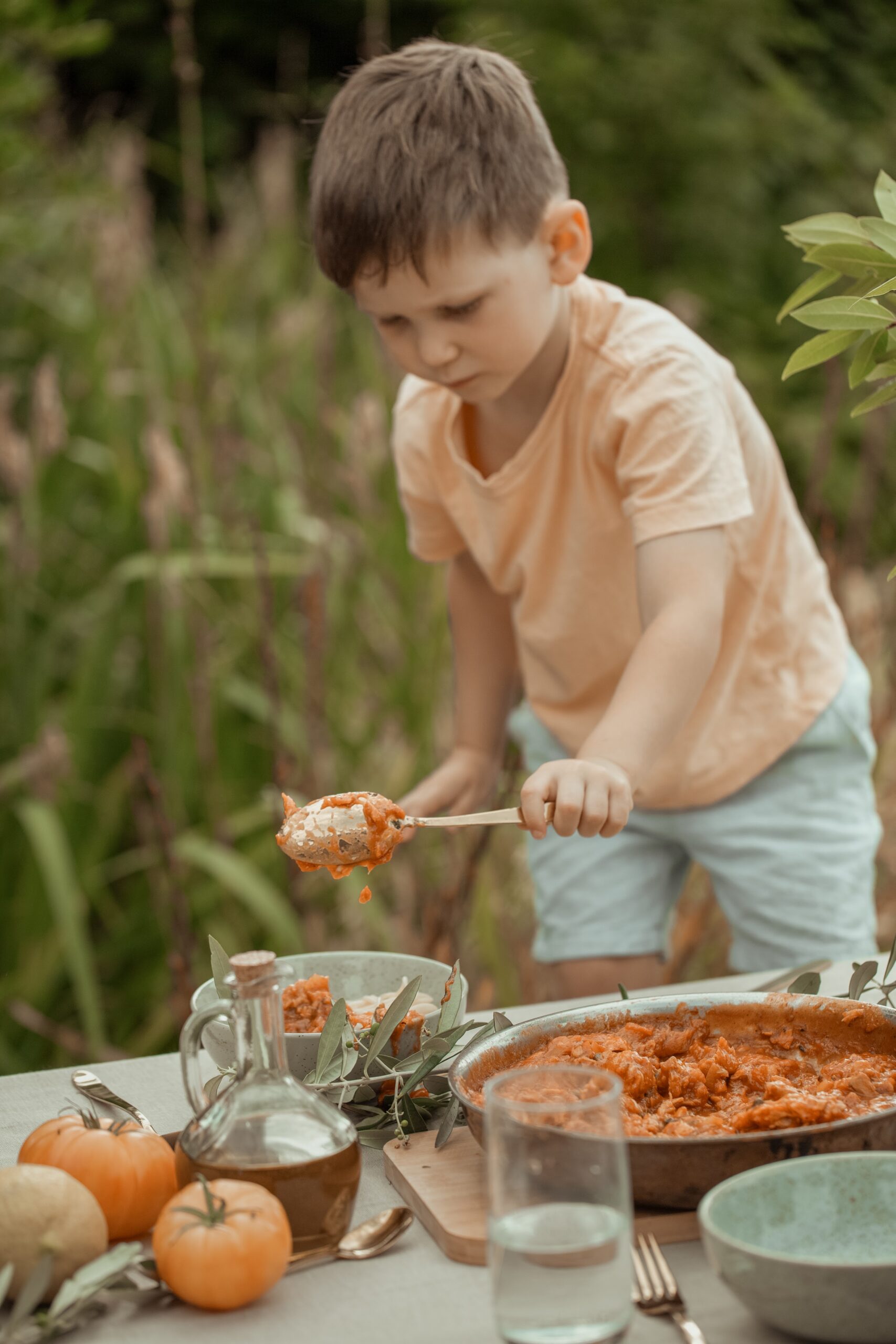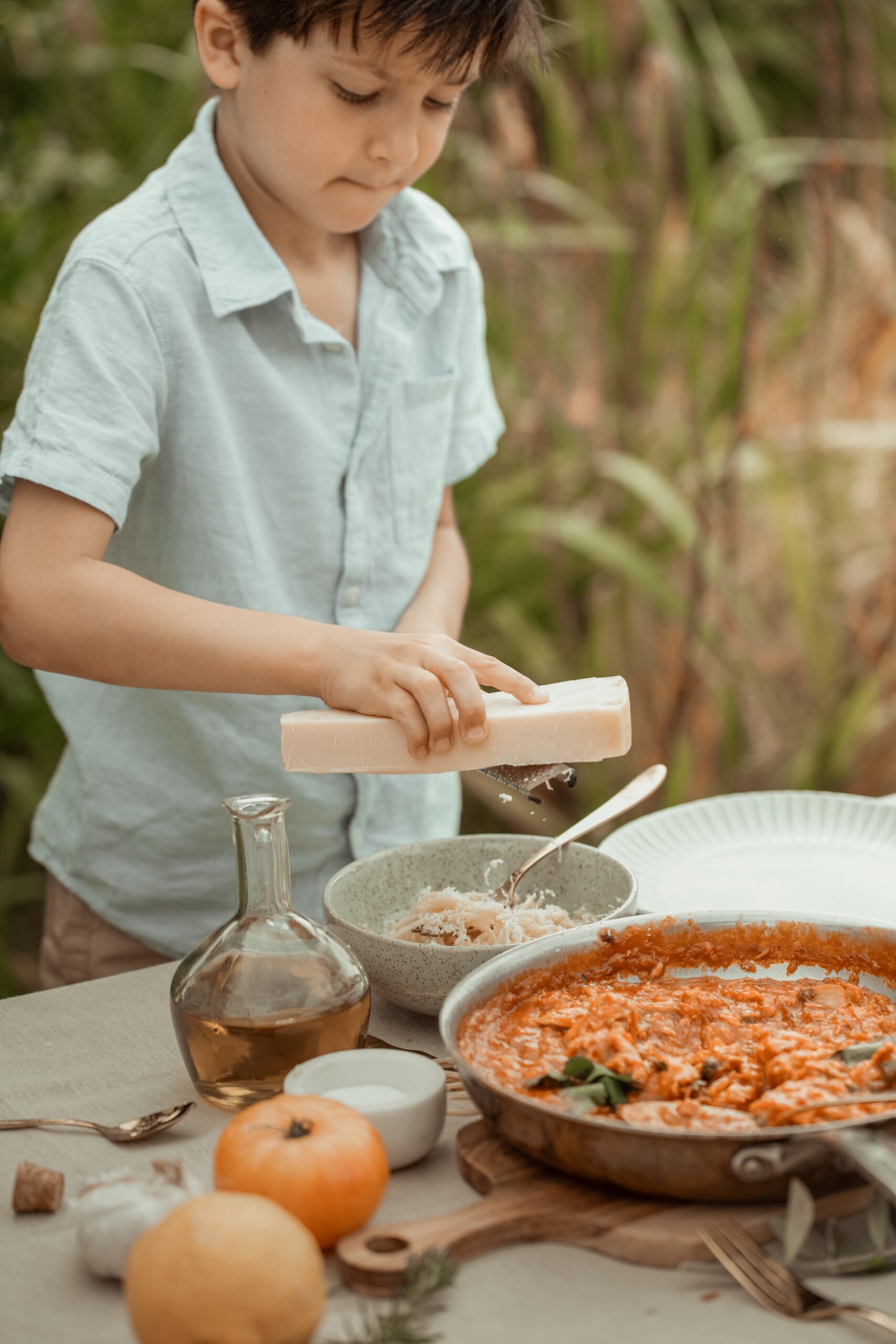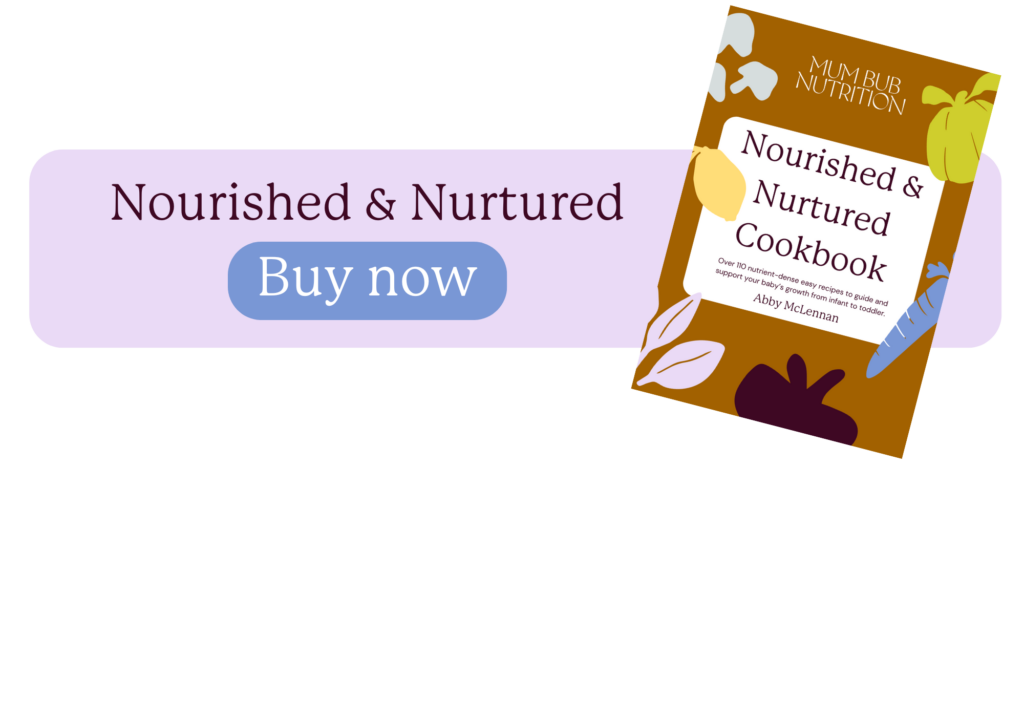
The Truth About High Protein Diets for Toddlers

If you’ve ever wondered about high protein for toddlers and whether it’s something you need to prioritise at every meal, this one’s for you.
You’ve probably seen it everywhere across social media: “high-protein toddler snacks,” “protein-packed smoothies,” and the idea that your child’s meals need to be loaded with protein every day.
Babies and toddlers do not need high-protein diets. The first 1000 days, from conception through to two years of age, are critical for shaping growth and lifelong health. Emerging research suggests that high protein intake during infancy may increase the secretion of insulin and IGF-1 (insulin-like growth factor 1), hormones that can drive rapid weight gain and increase the risk of obesity later in childhood.
And chasing protein at every meal might be doing more harm for their future health than good. This is why the push for high protein for toddlers needs to be dropped.
How Much Protein Do Toddlers Actually Need?
Not a lot.
According to the Australian Nutrient Reference Values (Eat for Health):
- Infants aged 7–12 months need around 1.43g of protein per kilogram of body weight per day.
- Children aged 1–3 years need 1.08g/kg/day.
- Children aged 4–8 years need 0.91g/kg/day.
That means if your toddler weighs 12kg, they only need about 13g of protein a day.
Here’s how much protein is in everyday foods:
- 1 slice of wholemeal bread: 3g
- 1 egg: 6g
- 100g of full-fat yoghurt: 6g
- 1 tablespoon of peanut butter: 3g
- ½ cup of cooked lentils: 9g
It adds up quickly. A toddler eating toast for breakfast, yoghurt or egg for lunch, and a spoonful of peanut butter on apple will likely meet their needs without effort.
You don’t need to add protein powder or meat to every meal. It’s one reason why high protein for toddlers has become a misinformed trend.
Why High Protein for Toddlers Isn’t Always Better
Toddlers have small tummies. Overemphasising protein can crowd out other essential nutrients:
- Iron – especially important for brain development and not always well-absorbed from dairy.
- Fibre – from fruit, vegetables, grains, and legumes.
- Carbohydrates – their primary energy source.
- Fats – critical for brain growth and vitamin absorption.
Also important to note: high-protein diets can strain young kidneys. More isn’t better. It’s just more.
What Research Tells Us About High Protein for Toddlers
High protein intake in infancy has been linked to:
- Higher BMI in later childhood. Especially when protein comes from animal sources.
- Long-term tracking of dietary habits. Early exposure to high-protein patterns tends to continue into later childhood.
- Increased IGF-1 levels. A growth hormone associated with fat cell development.
- Rapid weight gain in infancy. This triples the risk of obesity later on.
The 2021 review by Stokes et al. found that protein intake from birth to two years is associated with increased BMI in children aged 3 to 10. The strongest associations were with animal protein, especially dairy, not plant-based sources.
A pooled analysis of Western European, UK, Scandinavia and US data showed calcium intake far exceeded recommendations, while iron intake often fell short:
RDI = Recommended Daily intake
EAR = Estimate Average Requirement
- At 18 months, average calcium intake: 759 mg (RDI: 500 mg)
- At 5 years, calcium intake: 767 mg (RDI: 700 mg)
- Iron intake never met the RDI at any age despite exceeding EARs
This highlights a pattern: protein and calcium are often over-supplied, while iron, a more critical concern, is missed.
High protein intakes in early life are concerning due to links with rapid growth, adiposity, and long-term health risks. Another reminder that the obsession with high protein for toddlers deserves more attention to correct the misinformation spreading on social media.
Why the High-Protein Trend Exists
This obsession doesn’t come from paediatric nutrition. It stems from adult diet culture – one focused on macros, protein powders, and fitness goals. Babies aren’t bodybuilders. They’re learning to eat. When we apply adult food trends to kids, we risk ignoring their developmental and nutritional needs.
What To Focus On Instead
Aim for a balance at each meal:
- A complex carb
- An iron source
- A healthy fat
- Fruit or veg
Protein will show up naturally. You don’t need to overthink it.
Let go of the pressure to add protein balls, pancakes, or powders. Toddlers thrive on variety, not on protein counts.
Here’s what a balanced day might look like:
- Breakfast: Wholemeal toast with peanut butter and banana
- Morning tea: Yoghurt with berries
- Lunch: Boiled egg, cucumber, and veggie pasta
- Afternoon tea: Oat muffin or seed slice
- Dinner: Chicken and veggie risotto with cheese
That’s a normal day. No stress. No “protein hacks.” Just a mix of foods toddlers actually enjoy and can eat at their own pace.

When They’re In The Fussy Eating Stage
Even when toddlers are picky, they usually still meet or exceed protein needs. If you were to track your toddlers intake over a week, not just one meal, you’ll notice they are naturally consuming enough protein for them. And yes, even with refusing other foods. Saying no to food is normal. It doesn’t mean they need more protein. It means they’re learning autonomy, which is a good thing.
What This Means for Parents
We don’t need protein-packed everything. We need age-appropriate exposure, balanced meals, and the space for toddlers to build a positive food relationship. Protein is already in most of what you offer. You don’t have to chase it.
If you’re feeling stuck on how to feed your toddler without the stress, the thriving toddler course inside the Mum Bub Nutrition membership has you covered.
You’ll get food ideas, nutrition support, supermarket guides, and reassurance when you need it most.
Because feeding toddlers shouldn’t feel hard. And it definitely doesn’t need to be high-protein.

References
- National Health and Medical Research Council. (2023). Nutrient Reference Values for Australia and New Zealand: Protein. Retrieved from https://www.eatforhealth.gov.au/nutrient-reference-values/nutrients/protein
- Zheng M et al. (2021). Protein intake from birth to 2 years and early childhood body mass index. Am J Clin Nutr.
- Stokes A et al. (2021). Early life protein intake and BMI outcomes: a systematic review. Nutr Rev.
- Koletzko B et al. (2009). High protein intake in early childhood and obesity risk. Am J Clin Nutr.
- Zheng M et al. (2018). Determinants of rapid infant weight gain: pooled analysis of seven cohorts. Obes Rev.
- Druet C et al. (2012). Rapid weight gain during infancy and later obesity: a systematic review and meta-analysis. Arch Dis Child.